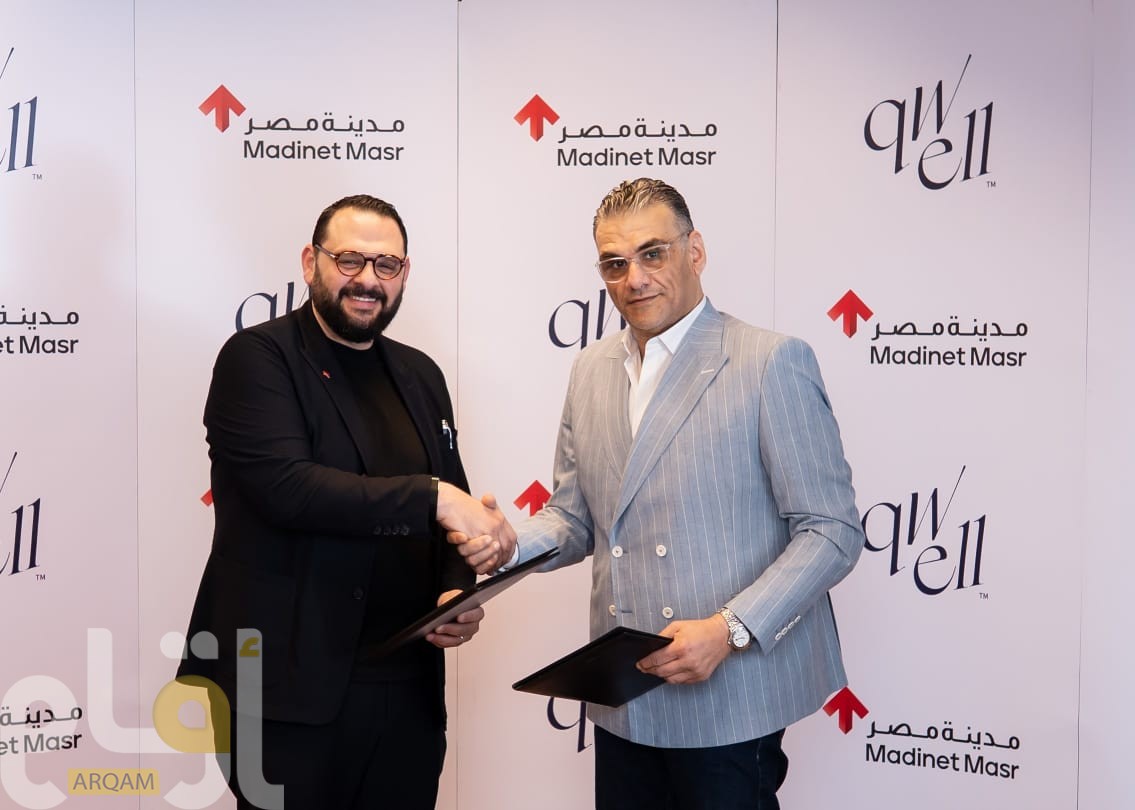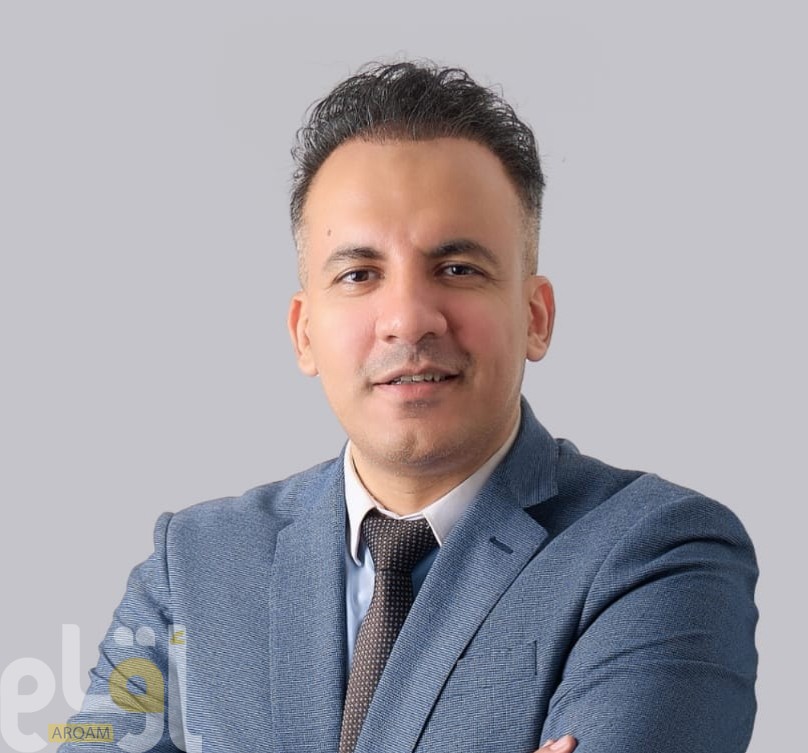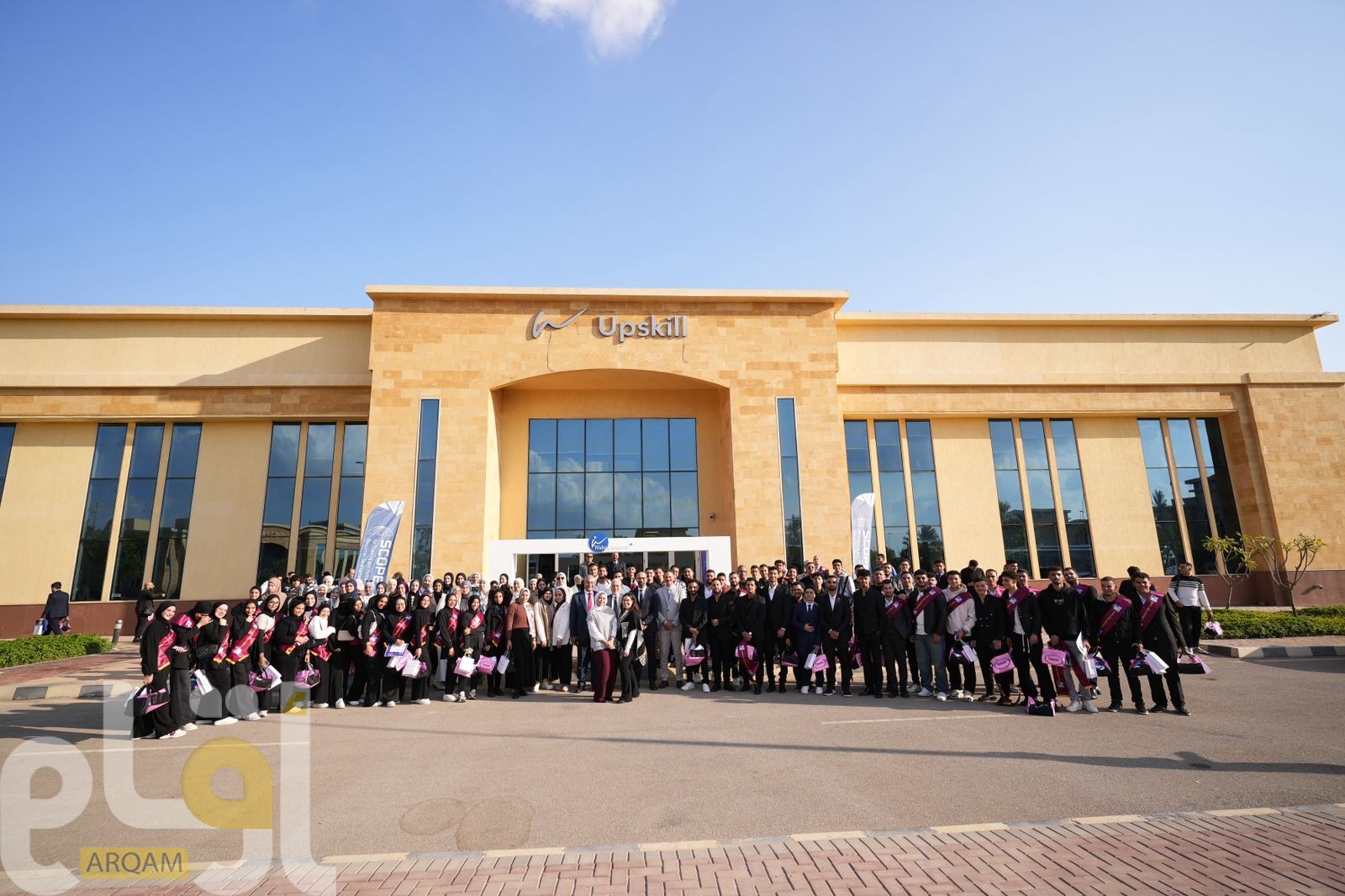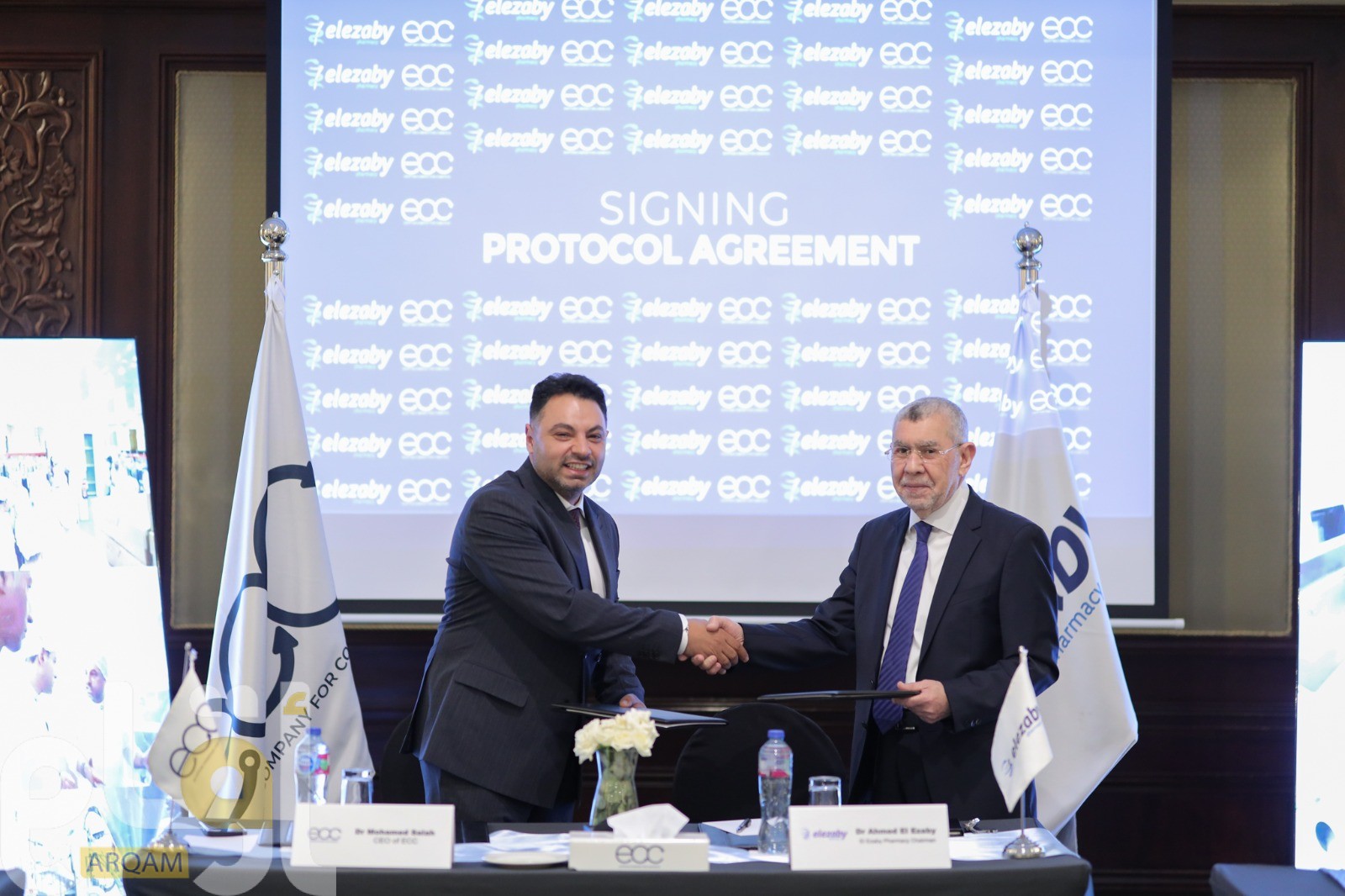Cairo, Egypt: In December 2024, SEKEM Group, a leading Egyptian social enterprise focused on sustainable development, received the esteemed recognition of being named one of the 2024 Champions of the Earth by the United Nations Environment Programme (UNEP) in the “Entrepreneurial Vision” category. This accolade, recognized as the highest environmental honor awarded by the UN, highlights SEKEM’s transformative contributions to combating land degradation, desertification, and drought. Notably, SEKEM stands as the sole recipient of this award from Africa and the Middle East in 2024.
Furthermore, SEKEM’s CEO, Helmy Abouleish, was named one of the 100 Most Influential Africans of 2024 by New African magazine in its “Civil Society List.” This recognition celebrates influential leaders and organizations that are making substantial contributions to civil society across Africa.
Economy of Love: A Transformative Business Model
Nearly 50 years ago, the “Economy of Love” (EoL) model was introduced by SEKEM. This innovative approach, rooted in sustainable development and community empowerment, prioritizes ethical practices, social responsibility, and environmental sustainability across the entire value chain.
The EoL model has proven its effectiveness in fostering businesses to produce high-quality, healthy products while contributing positively to their local communities. Recognizing the potential of EoL, the Egyptian Biodynamic Association (EBDA) has further developed it into a certification standard. This standard provides a comprehensive framework that assists farmers in transitioning to biodynamic and organic agricultural practices. By doing so, it enhances farmers’ livelihoods by enabling them to generate additional income through initiatives that reward their environmental efforts, such as participating in carbon credit programs. Furthermore, this approach actively addresses pressing global challenges, including food security, water scarcity, and climate change.
Moreover, economic growth thrives within a holistic community that values cultural and social dimensions. By fostering a culture of lifelong learning, well-being, and creative engagement, the EoL model empowers individuals to connect meaningfully with one another and their surroundings. Additionally, the model promotes fair and dignified working conditions that ensures that every person feels safe and respected, further enhancing the community’s overall vitality and resilience.
To date, the EBDA has effectively assisted 15,312 farmers in transitioning to biodynamic and organic agriculture, resulting in the conversion of over 55,000 acres of land by embracing the EoL principles. This underscores the model’s viability and effectiveness in fostering a more sustainable future for both businesses and communities.
Commenting on the latest recognition, Helmy Abouleish, CEO of the SEKEM Group, stated: “I am deeply inspired to continue building upon the 47-year legacy of my late father, Dr. Ibrahim Abouleish. Our journey began in disbelief, with my father’s visionary ‘Economy of Love’ concept transforming a barren desert into a thriving oasis. Today, SEKEM stands as a testament to his dream, a network of organizations fostering community well-being, healthy living, and sustainable practices. We are honored that our holistic approach is gaining increasing recognition. We envision a world where businesses and the environment thrive in harmony, where people live, work, and flourish in safety and support.”
Inspiration for Local Organizations
The global recognition received by SEKEM in 2024 underscores that transformative change is possible through scalable, sustainability-driven business models. Building on this success, SEKEM, in collaboration with the Egyptian Biodynamic Association (EBDA), is striving towards an ambitious goal: to support 40,000 farmers during their transition to organic and biodynamic farming practices by the end 2025.
Local organizations can take inspiration from SEKEM’s achievements by adopting a holistic vision that harmonizes social and environmental welfare with profitability. This approach includes implementing sustainable practices, ensuring transparent supply chains, fostering fair trade relationships, and investing in community development through education and infrastructure.
By embracing these principles, more organizations can recognize that environmental stewardship is not a barrier to growth but a pathway to shared prosperity for businesses, local communities and the planet.















